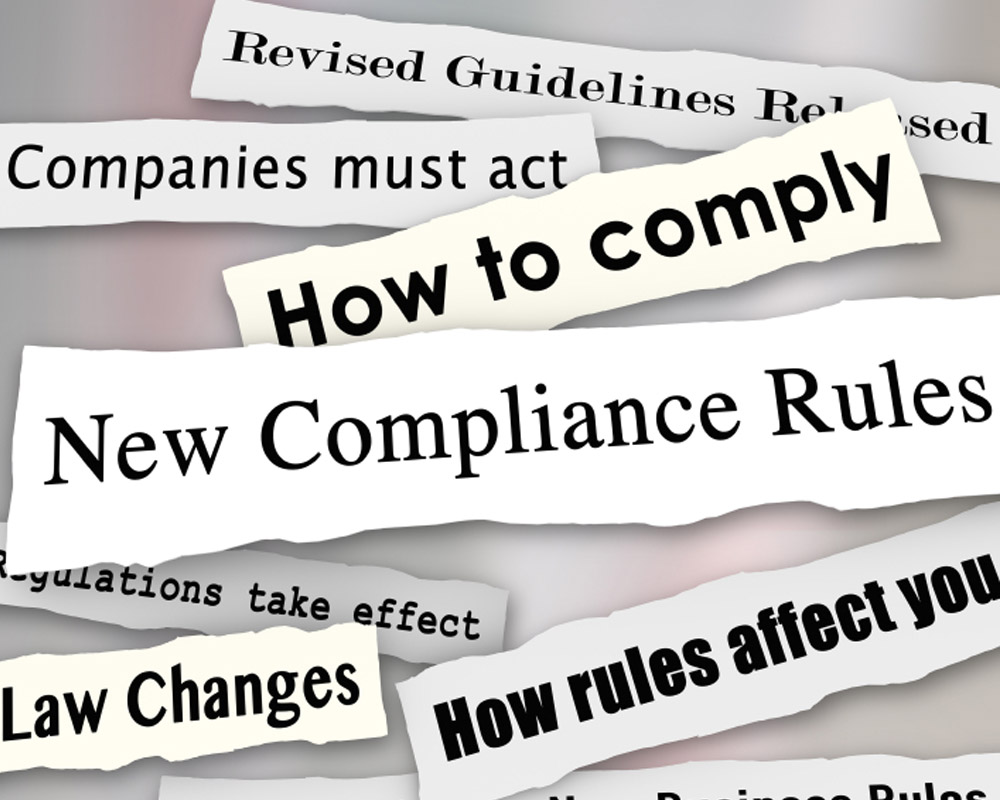Bias Among Choice Architects: On psychology and regulation
 In their seminal work on `nudges,’ Cass Sunstein and Richard Thaler have made a tremendously influential contribution to academic policy research and to practical policy. They insightfully describe how to improve people’s saving, consumption, and life choices by improving the `choice architecture’ (the structure and framing) of decision problems. Specifically, the idea is to help people who are subject to psychological bias—i.e., just about everyone—make better choices.
In their seminal work on `nudges,’ Cass Sunstein and Richard Thaler have made a tremendously influential contribution to academic policy research and to practical policy. They insightfully describe how to improve people’s saving, consumption, and life choices by improving the `choice architecture’ (the structure and framing) of decision problems. Specifically, the idea is to help people who are subject to psychological bias—i.e., just about everyone—make better choices.
Sunstein and Thaler emphasize that this can often be achieved without coercion, a policy strategy which they call `libertarian paternalism.’ Over the last decade, Sunstein and Thaler and their followers have devised many ways in which the lives of people can be improved by seemingly modest and non-invasive tweaks in individual choice problems. Just think about whether people would eat as much candy if it were only found in the back of supermarket aisles. It is no accident that it is also prominently displayed at the checkout stand where hungry shoppers must stand around staring at it. Who wouldn’t want an improvement on that choice architecture?

 Interview with
Interview with  We ordinarily think of people as honest or dishonest, a broad-brush description which implicitly assumes that honesty is a personal characteristic that generalizes across decision domains. If so, a student who cheats on an exam is also more likely to shoplift or lie to a friend or partner. Does knowing that a corporate manager is opportunistic in one decision domain tell us much about whether the manager will misbehave in some other domain? In other words, are some managers just `bad apples’?
We ordinarily think of people as honest or dishonest, a broad-brush description which implicitly assumes that honesty is a personal characteristic that generalizes across decision domains. If so, a student who cheats on an exam is also more likely to shoplift or lie to a friend or partner. Does knowing that a corporate manager is opportunistic in one decision domain tell us much about whether the manager will misbehave in some other domain? In other words, are some managers just `bad apples’?